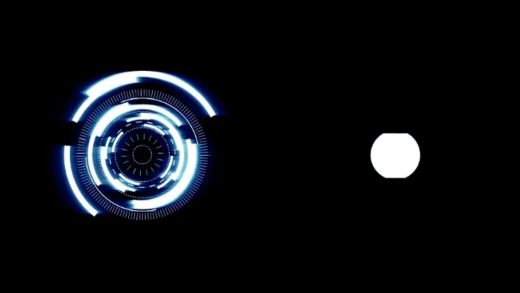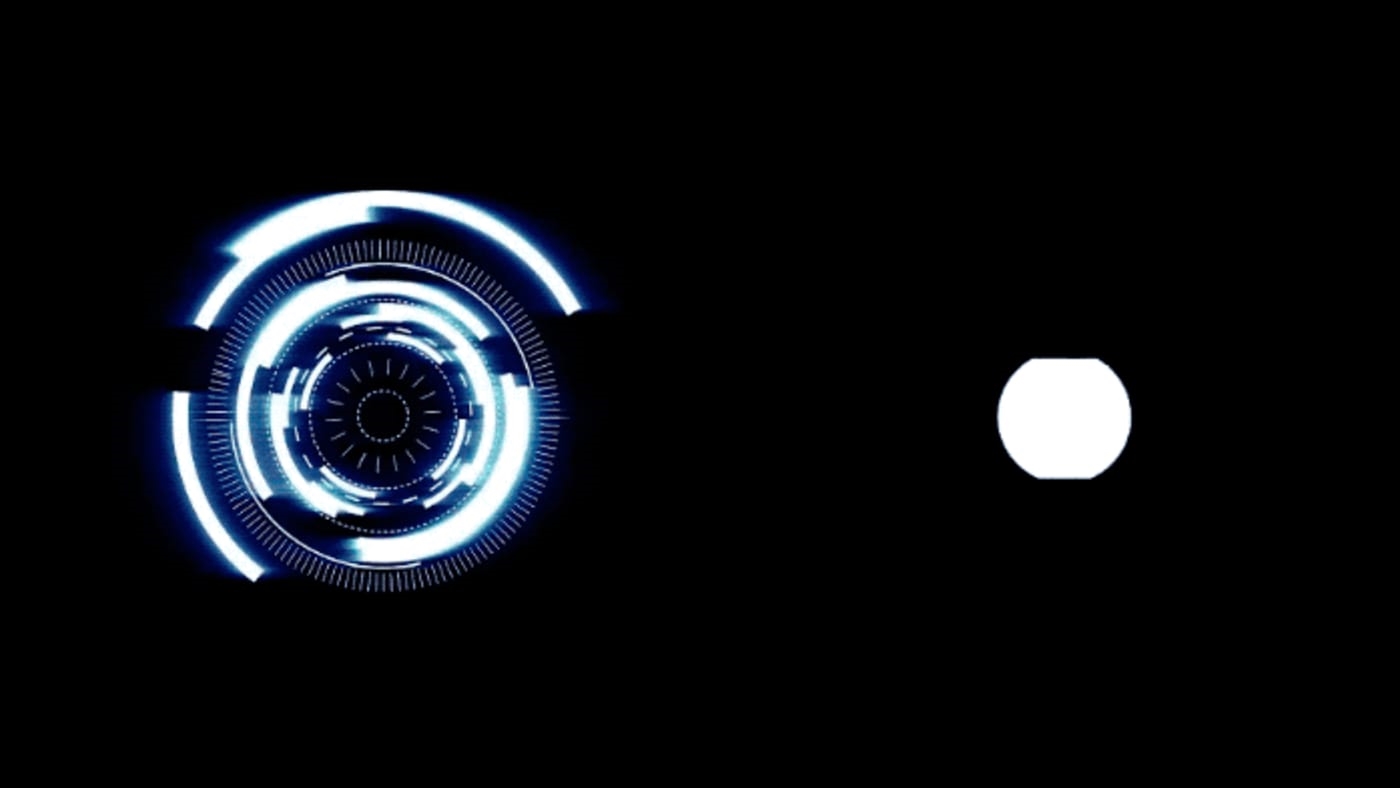Publicis unveils long-awaited details on new AI platform Marcel
When Publicis Groupe CEO Arthur Sedoun announced in May 2017 that his global advertising holding company would be creating an AI platform called Marcel to not only fundamentally change his business, but the entire creative ad industry as well, he got a lot of attention. It was partly because he did it in the midst of Cannes Lions, the industry’s biggest party, saying his company’s agencies would skip the party in 2018 in order to focus on building Marcel, but also because it was less than six months after Sadoun had been elevated to top executive of the holding company, and already he was declaring this the answer to save the entire industry.
This morning, just under a year later, Sadoun took the stage at the Publicis-founded VivaTech conference in Paris to unveil long-awaited details about Marcel, beyond the ad lingo boilerplate of transformation, innovation, and breaking down silos. Well, sort of. There was still a lot of that, but also a walk-through of what the company is calling “Publicis in the palm of your hand.”
Built with the help of Microsoft AI and the company’s own Publicis.Sapient, the new platform aims to connect all 80,000 Publicis employees, across 200 disciplines in 130 countries, to provide more seamless communication, collaboration, and anticipation of client needs. It’s currently being beta-tested by 100 employees, moving to 1,000 in the next few weeks, and the idea is to start the overall rollout in January, with a goal of having 80% of the company’s people connected by 2020.
“When I announced this last year at Cannes, our industry was dancing, drinking, and having fun. But since then, a few things have happened,” says Sadoun, in a conversation with Fast Company before the VivaTech presentation. “First, our industry has been under massive pressure like never before. Second, the marketing landscape has been disrupted more than ever, with issues like trust and transparency only getting started. Our clients have been challenged, trying to find ways to cut costs, and our competition has become much broader and fiercer than ever.”
Essentially, Marcel is a mobile app for Android and iOS devices that interacts with employees via voice prompts, similar to Siri or Alexa. On a micro-level, the AI learns from employees’ calendar, email, and timesheets in order to better perform more macro tasks like suggesting colleagues across the network who may help on a particular project, or that someone has the capability and the time to pitch in on an open client brief. One example is the Daily Six, six suggestions or prompts each employee will receive every time they open the app that can range from an open brief pitch from the CMO of Walmart to a simple reminder to file that timesheet on time. Another example is Open Brief, which the company tested out with Walmart recently, issuing a brand challenge brief via the app. The winners were two creatives from a Publicis digital shop in Madrid.
“You can apply right in the app and get chosen,” says Carla Serrano, Publicis’s chief strategy officer and CEO of Publicis New York. “The CMO and leadership team at Walmart were excited about it, and, based on this, are very interested in opening up these big brand challenges to the diversity of creatives across the company.”
“The holding company model may have been frozen, but what our clients are asking for has not been,” says Publicis chief creative officer Nick Law. “It went from asking for a few things like TV, print, radio, to this myriad of different contexts and channels that we need to be in. It’s not unusual now to need to reach out of your team to find an expert in the building, or in another country, and this is a way to find that right person in a very efficient way.”
Indeed, Sadoun has said since first announcing Marcel last year that the industry holding company model has been frozen, with incremental change no longer sufficient. But by the looks of it, Marcel is actually taking all those traditional holding company selling points–global presence, multiple capabilities, coordinated efforts–and bringing them into the 21st century by using this platform to cut through all the red tape and bureaucracy often involved in the nitty gritty of sharing information and expertise across multiple agencies with their own separate financial incentives and goals.
That said, the company is still mid-journey in its quest for Marcel to significantly change how the entire company does business. “Even though we think there will be huge buy-in after Thursday, we know we still have a very big challenge ahead,” says Sadoun. “It’s going to take time to have it all working properly, but we are well advanced to where we thought we’d be at this point. At the moment our teams in the U.S., Paris, and [at] Microsoft are in two meetings a day, seven days a week. This will go on until Christmas. So we’re being very aggressive.”
(26)



